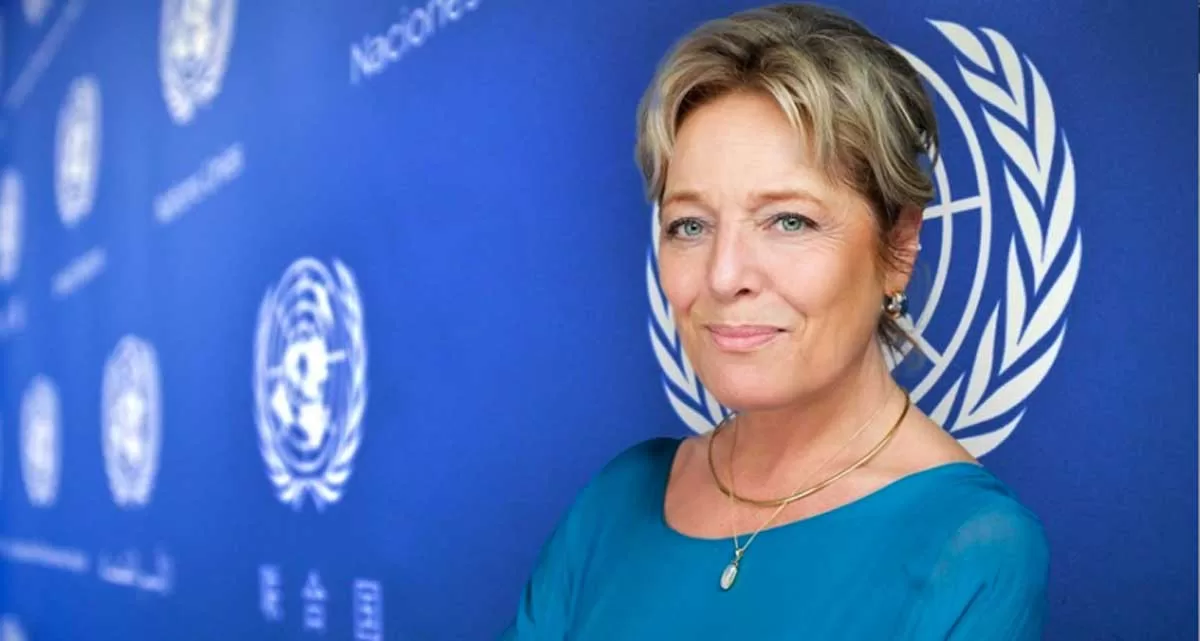Food is the building block of life. It fuels our bodies and minds, nurtures our children, and powers our economies.
As we celebrate this year’s World Food Day, we need to recognize that the universal human right to food is a pathway to a better life and a better future for all. And what better way to ensure that right than to provide every girl and boy on the planet with access to nutritious meals in quality learning environments?
In all 1 in 3 people worldwide struggle with moderate to severe food insecurity, and more than 600 million people are projected to face hunger by 2030, according to the United Nations.
The global food crisis is even more pronounced on the frontlines of armed conflicts, forced displacement, climate change and other protracted crises. According to the World Food Programme, nearly 60% of the world’s hungriest people live in just a few countries: Democratic Republic of the Congo, Afghanistan, Ethiopia, Yemen, Nigeria, Syria, Sudan, South Sudan, Pakistan and Haiti (as listed from most to least severe). Nowhere is this more severe than in Gaza. Analysis by the IPC Partnership found that around 96% of the population in Gaza face high levels of acute food insecurity. These are all the very same countries where Education Cannot Wait and our strategic partners are delivering life-saving quality, holistic education programmes that include school feeding programmes.
Our investment in school feeding is not just an investment in healthy minds and healthy bodies, it’s also an investment in more resilient communities, global security and economic prosperity. According to WFP, each $1 invested in school feeding yields $1 to $10 in economic returns. For many crisis-affected children and adolescents, a meal at school may be the only food they eat all day; and for their families, it can be an important incentive to send and keep girls and boys in school.
To deliver on this essential human right, ECW is working with partners such as WFP, UNICEF and Save the Children to provide nutritious school meals, access to safe drinking water and sanitation that keep children healthy. In 2023, ECW and our strategic partners provided over 335,000 learners with school feeding, according to our latest Annual Results Report. In places like Cameroon and Haiti, local procurement from smallholder farmers provides home-grown meals that prop up local communities while also ensuring nutritious meals for hungry children.
It is also a pathway toward local peace building. In the Democratic Republic of Congo, communities that have long been impacted by inter-community conflict are coming together through school meal programmes that were delivered across 69 schools in the Tanganyika province.
In our global race to deliver on the Sustainable Development Goals by 2030, address the climate crisis and build peaceful co-existence in our times, we must acknowledge the connection between food and learning outcomes, between nutrition and development. Especially in crises where children adolescents need it the most.
